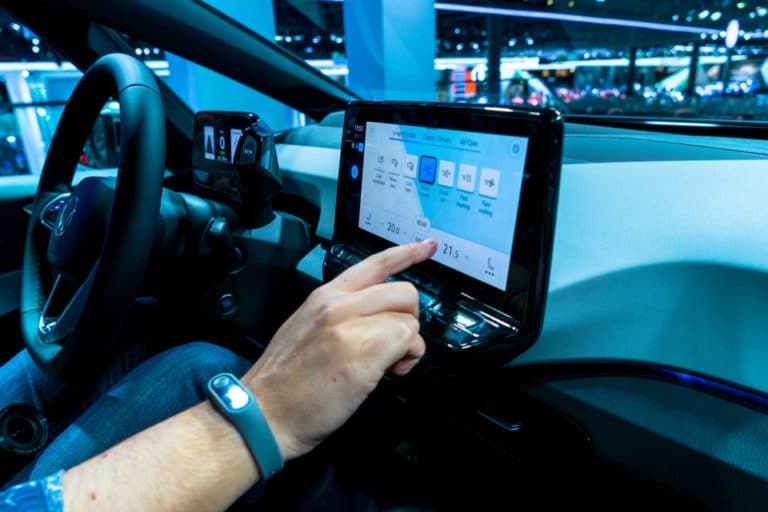Several car manufacturers have had to slow down or even stop production altogether because they cannot get enough chips. Meanwhile, the car industry and the chip industry are blaming each other.
In a market analysis, Reuters describes how the production lines of car manufacturers and chip manufacturers don’t really line up. Car manufacturers are used to being the most important customers for their suppliers and can therefore get away with scaling up or down their demand at short notice. However, chip manufacturers have many more customers to supply their chips to and cannot easily scale up their production capacity.
More production capacity not always feasible
Car manufacturers are now lobbying for more production capacity. However, a source at a European semiconductor manufacturer told Reuters that they had to furlough some of their staff at the beginning of the year and were left with the cost of idle capacity. “If the carmakers are asking us to invest in new capacity, can they please tell us who will pay for that idle capacity in the next downturn?”
It doesn’t make sense for chip makers to invest heavily in more production capacity for car makers, either. Such chips are usually based on older technology, for which demand is rapidly declining. Moreover, the automotive industry only accounts for about a tenth of the demand for chips.
“The suppliers are saying: ‘If we continue to produce this stuff there is nowhere else for it to go. Sony isn’t going to use it for a Playstation 5 or Apple for its next iPhone’,” said Asif Anwar at Strategy Analytics to Reuters.
Future
For now, there is little light at the end of the tunnel for chip shortages. Financial services provider IHS Markit estimates that the time it takes to deliver a microcontroller has now doubled to 26 weeks and these shortages will continue to grow until March. Various chip manufacturers are already building new factories, but it will be years before they are operational. Moreover, these new factories are mainly focused on the latest production techniques, which are of little use to car manufacturers.
Nevertheless, it is important for car manufacturers to strengthen their ties with chip producers, as cars are becoming increasingly dependent on modern semiconductors. Developments in autonomous driving are rapid and require capable hardware.
